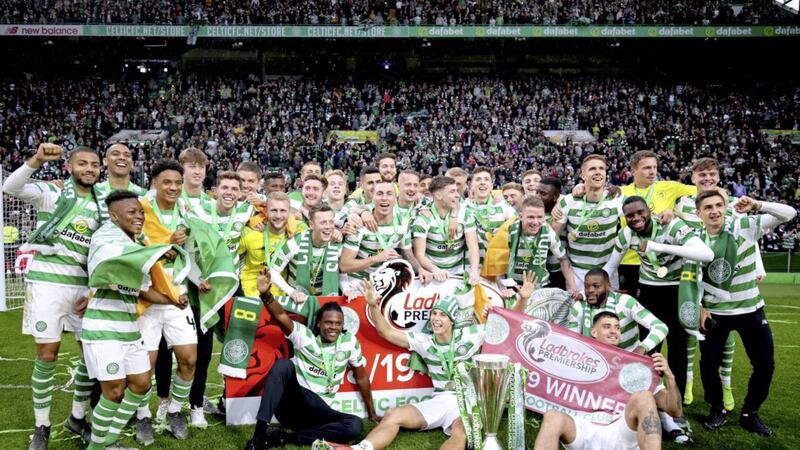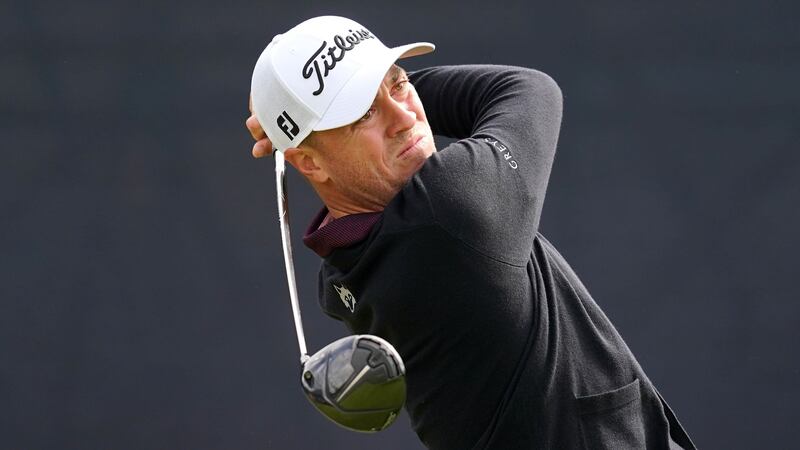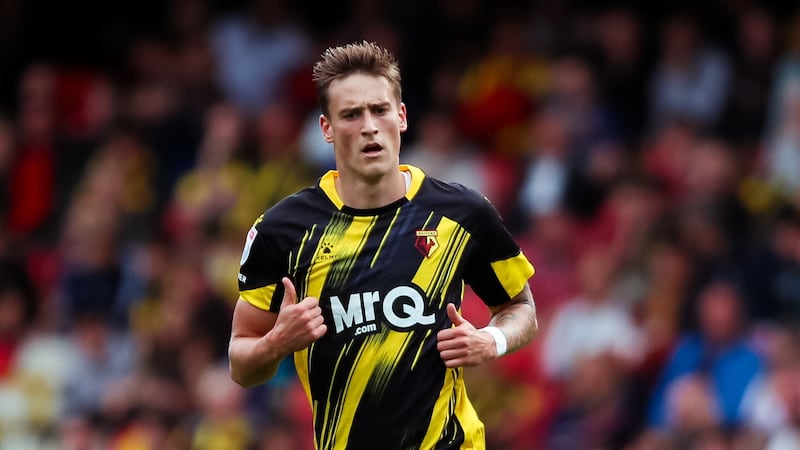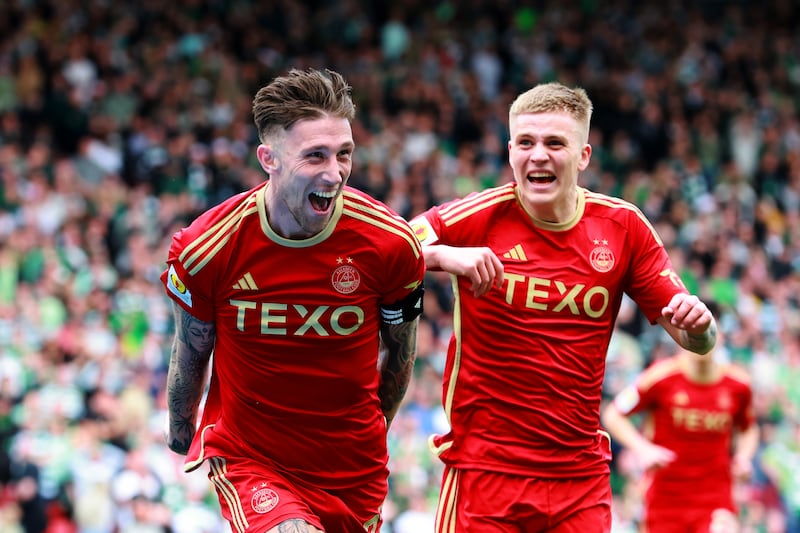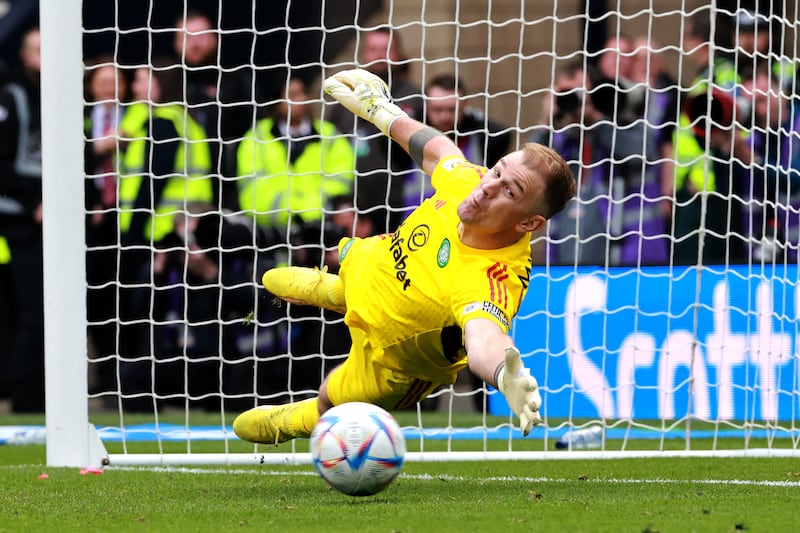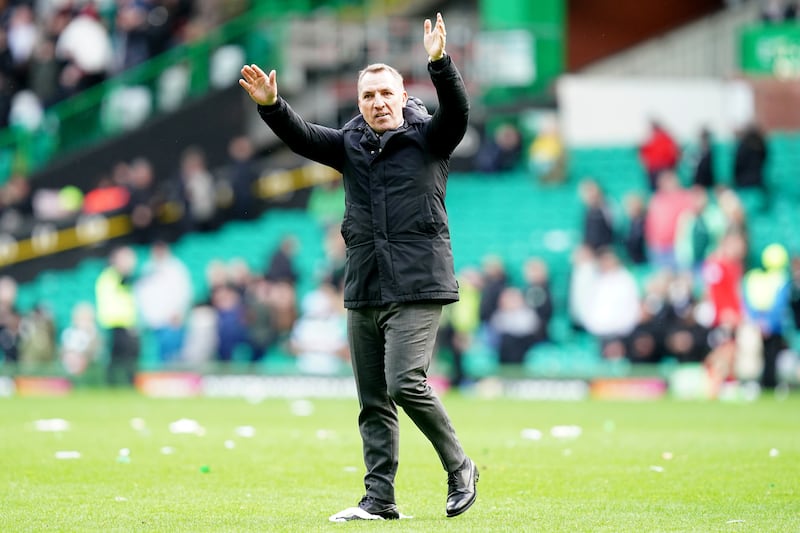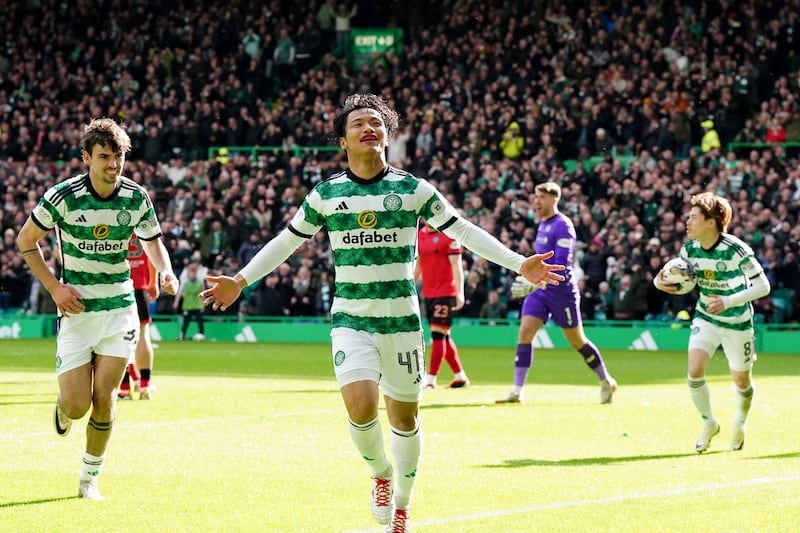THE raspberry and white chocolate scones didn’t quite stick in my throat but there was still a sour taste.
Saturday afternoons in May shouldn’t be for baking, especially after being starved of live sport for months.
With a long-standing interest in both Borussia Dortmund – going back to Karl-Heinz Riedle, not just Jurgen Klopp – and their rivals Schalke (ever since they were sponsored by Karcher), the return of the Bundesliga with the Ruhr derby should have been ‘Superglue the TV remote control to your hand’ time.
Instead, the fare was curiously unappetising. The first goal was well worked and brilliantly finished but the overall air of a pre-season friendly, on and off the pitch, soon sent me off to kitchen and the mixing bowl.
‘Ghost games’? This was more like a ghost train, that desperately disappointing funfair ride which wouldn’t frighten a toddler.
The kids didn’t even have to beg to get CBeebies back on.
I know this is ‘the new normal’. Sports which attract large attendances will have to be held behind closed doors for months to come, maybe for the rest of this year or even longer. If we’re lucky.
The UK might be fortunate if it can manage one round of Premier League games before setting off a second wave of coronavirus.
So it probably makes sense that Scottish soccer has followed the lead of France, Belgium, and the Netherlands, among others, by calling an end to its season (but not making it null and void, losers).
Still, it’s desperately disappointing for supporters, at both ends of the tables.
Most sympathy will go to the likes of Hearts, who seem set to be relegated with eight matches still unplayed.
Yet it’s tough on champions Celtic too, and their fans who have been denied the usual joy of clinching the league.
Forget any talk that they’ve been ‘given’ the title – they’ve fully deserved it and in fact they’ve been deprived of a significant amount associated with winning.
It might seem easier for a club that’s won title after title to accept missing out on the celebrations for one year, but obviously this is a special achievement for Celtic.
Nine in-a-row had only been done in Scotland by the great Celtic teams under the legendary ‘Jock’ Stein between 1966-67 and 1973-74 – then matched by arch-rivals Rangers from 1988-89 to 1996-97.
Equalling the achievements of the Lisbon Lions and the Quality Street Gang, and – perhaps more importantly – outdoing the Gers should have been cause for quite the party to start either at Celtic Park or another ground over the past month, and continue in pubs and homes for weeks.
Even the delight that has occurred has no doubt been dampened by thoughts of the lives lost in recent times.
Yet even had Scotland decided to press on with its season the supporters wouldn’t be at games to experience the highs or the lows.
Writing in mid-March about the prospect of games behind closed doors, this column noted a quote attributed to Stein: "Without fans who pay at the turnstile, football is nothing. Sometimes we are inclined to forget that.”
The big man was referring to the importance of entertaining the paying punters, but their value has declined over the decades since then, at least in the eyes of club owners.
Stein’s comments continued: “The only chance of bringing them into stadiums is if they are entertained by what happens on the football field."
Obviously he couldn’t have foreseen the current crisis, and the consequent desire to witness even a drab goalless draw.
Even a great football man like him might well have understood the reasons for calling off a season early; the decision of the majority of the Scottish Leagues was largely motivated by cash-flow, trying to help clubs survive.
In England they’ll try to go on, not solely for reasons of greed, as some cynics suggest, but for survival as well.
In a sane, sensible world there wouldn’t be any talk of a ‘Project Re-start’.
However, television money has become such a massive element of English clubs’ finances that they have to consider concluding the season on the pitches.
Even the wealthiest English club, Manchester United, drew 38 per cent of its income from broadcasting, according to the latest Deloitte Football Money League figures published in January of this year.
Compare that to broadcasting accounting for around one-third for the Spanish giants, Barcelona and Real Madrid, and Germany’s Bayern Munich (although Dortmund’s figure is 44 per cent and Schalke’s 50).
TV money is, on average, worth half of the income for the other big English clubs, with Chelsea at 44 per cent, both Manchester City and Arsenal’s figure 47, Liverpool at 49, and Spurs 53.
The others in the top 20 of that Money League, West Ham and Everton, relied on television rights to bring in 67 and 71 per cent of their income respectively.
That percentage will be even higher for other EPL outfits.
Which all goes to explain why most clubs still want to get the games played. Yet if the British government, partly for populist reasons, insists on games being free-to-air then there’ll be even less reason for Sky, BT Sport, et all to cough up the full amount they are contracted to pay to leagues/ clubs.
TV money is also why clubs in the relegation zone – in danger of falling off the Premier League gravy train – are understandably opposed to places being decided by ‘points per game’ calculations.
Rather than such decisions being made behind closed doors, clubs and supporters may just have to stomach the unpalatable prospect of ‘ghost games’ and take what crumbs of comfort they can from those.

